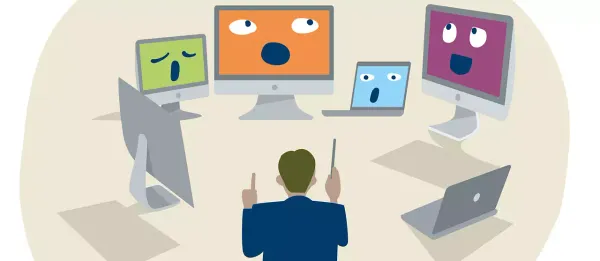
Goethe-Institut
Playing with artificial intelligence
The creative potential of artificial intelligence known from the world of video games is now used to create new music and even new sports.
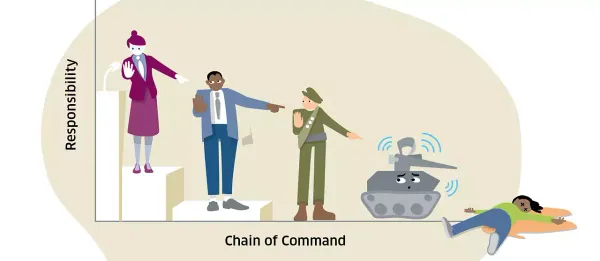
Goethe-Institut
Global problems require systemic solutions. AI promises help but carries risk when it comes to climate change, war and social inequality.
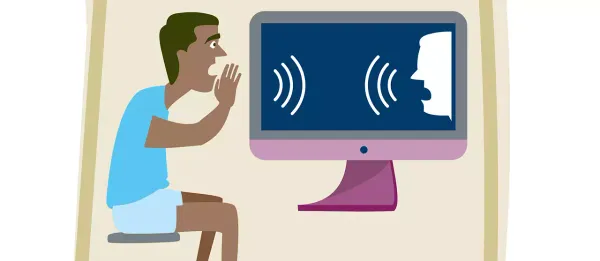
Goethe-Institut
Fair and just artificial intelligence requires ethical understanding, diverse development, strategic investments, and robust regulation.
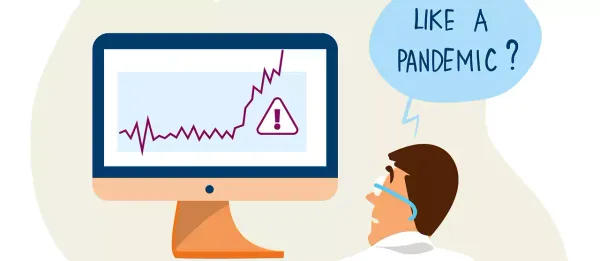
Goethe-Institut
The Covid-19 pandemic shows how AI technologies can be useful in managing global health crises but also of where they fall short.
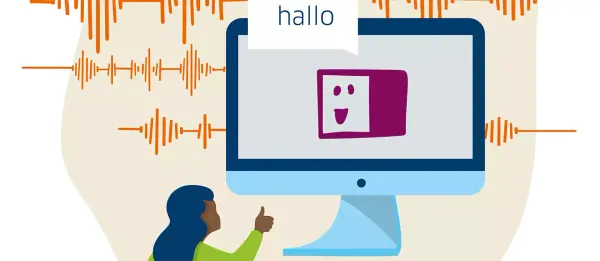
Words that are common today, like artificial intelligence, neural networks and machine learning date back to the early days of computers.
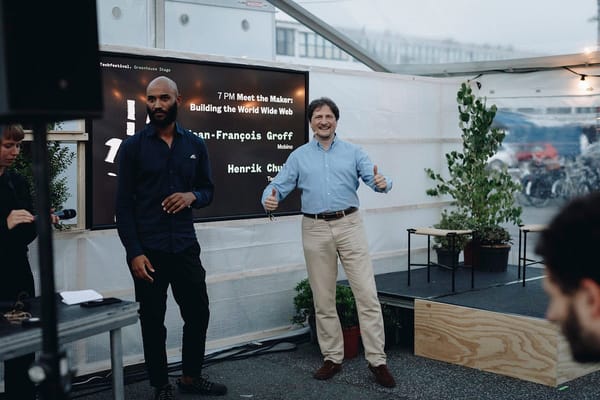
The early development of the world wide web was based on providing a basic public good for sharing knowledge. That was key to its success.

Behind all technology, there is a negotiation of power taking place. Writing about tech and ignoring the power is irresponsible journalism, says Ingrid Burrington.

It is possible to regain human control over the decision-making power of predictive algorithms and end their discriminatory effects on underprivileged people.

This long listicle was created in preparation for a session at the Internet Freedom Festival 2018.

Why are digital locks a security threat? Why is policy becoming increasingly less evidence-based? Can science fiction help us reach Utopia? One of the world's foremost copyright reformists and internet policy progressives explains.
The game is rigged, the dice are loaded, the cards are stacked against us

Words that are common today, like artificial intelligence, neural networks and machine learning date back to the early days of computers.
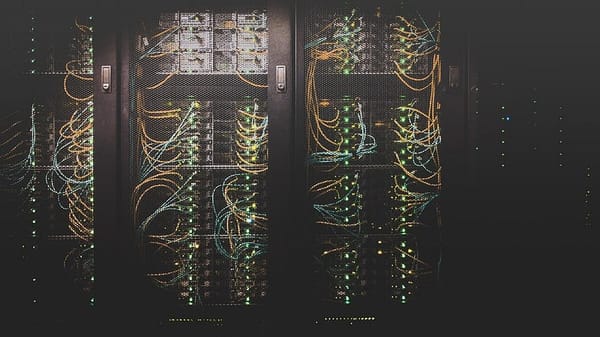
The environmental impact and energy costs of digital infrastructures can be mitigated by decentralising the data, and giving users control.
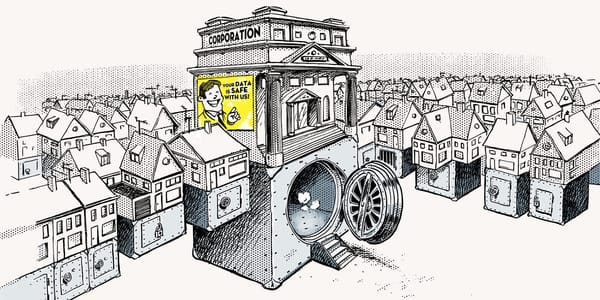
Decentralising where user data lives reduces the amount of data compromised in a breach and removes the economic reward for attackers.

polypoly envisions a future where personal data is kept not in the data centres of giant tech monopolies but with the users themselves.

Counter-democratic internet trolls are a global phenomenon. We need organized forces of cyber elves to fight them.

Is the internet helping or hurting democratic processes around the globe? In most countries, it is doing both.
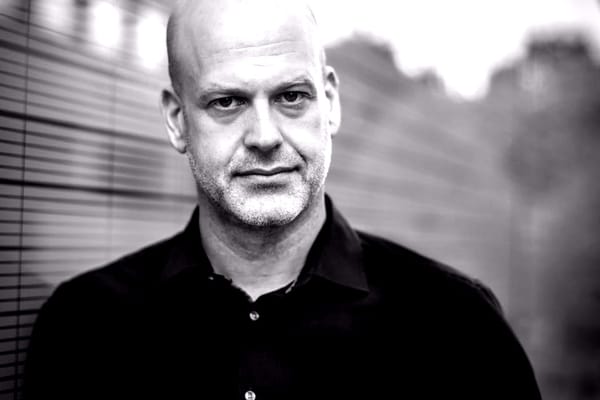
Cloud services have become the default tools many people use to get their work done. But this can mean giving up privacy and control. Some open source alternatives are now offering tools to put people back in charge.
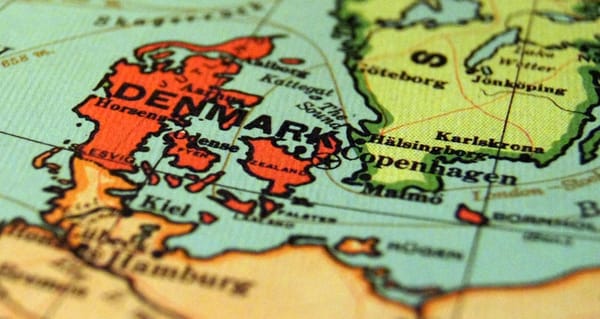
Jeg har sendt følgende email til Kulturministeren om Danmarks forhandlingsposition i forbindelse med Ophavsretsdirektivet.
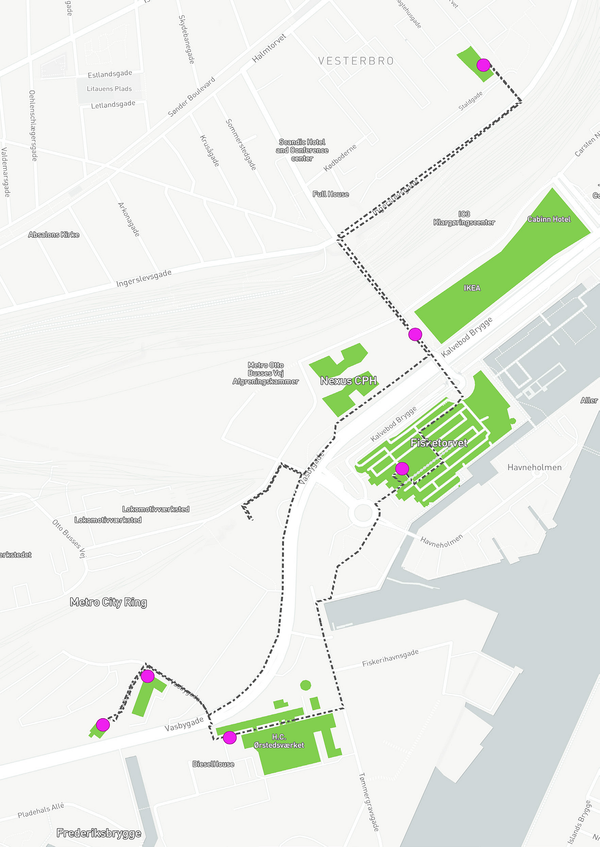
This walking tour was designed by Aslak Ransby, Ingrid Burrington and Janet Gunter for the Internet Infrastructure Summit at Techfestival.

The early development of the world wide web was based on providing a basic public good for sharing knowledge. That was key to its success.

Digital literacy is pointless without a digital upbringing to establish norms. Kids need adult guidance when learning to use technology.
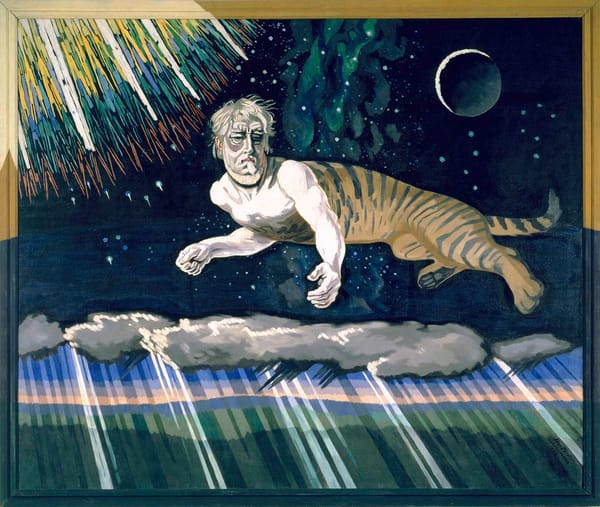
Artistic creativity is necessary for technology, not just for innovation in the marketplace but to realize its potential for participation.